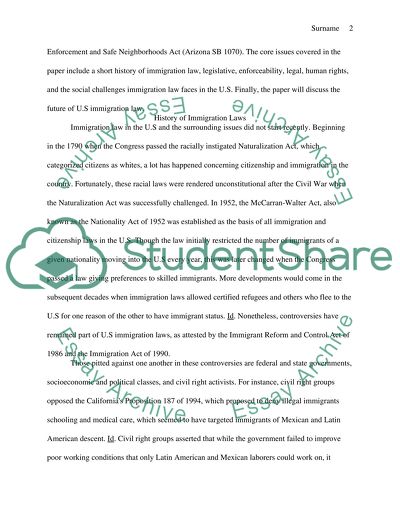Cite this document
(“An Analysis of Immigration in Constitutional Law-Arizona SB 1070 Research Paper”, n.d.)
Retrieved from https://studentshare.org/law/1456651-an-analysis-of-immigration-in-constitutional-law
Retrieved from https://studentshare.org/law/1456651-an-analysis-of-immigration-in-constitutional-law
(An Analysis of Immigration in Constitutional Law-Arizona SB 1070 Research Paper)
https://studentshare.org/law/1456651-an-analysis-of-immigration-in-constitutional-law.
https://studentshare.org/law/1456651-an-analysis-of-immigration-in-constitutional-law.
“An Analysis of Immigration in Constitutional Law-Arizona SB 1070 Research Paper”, n.d. https://studentshare.org/law/1456651-an-analysis-of-immigration-in-constitutional-law.


